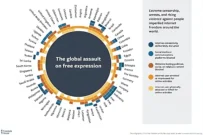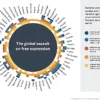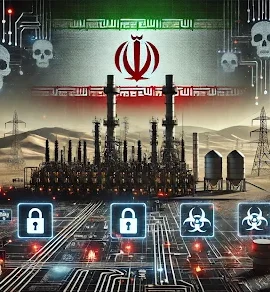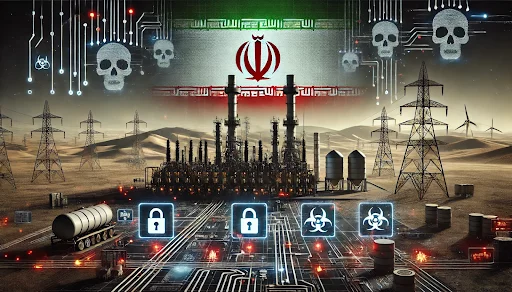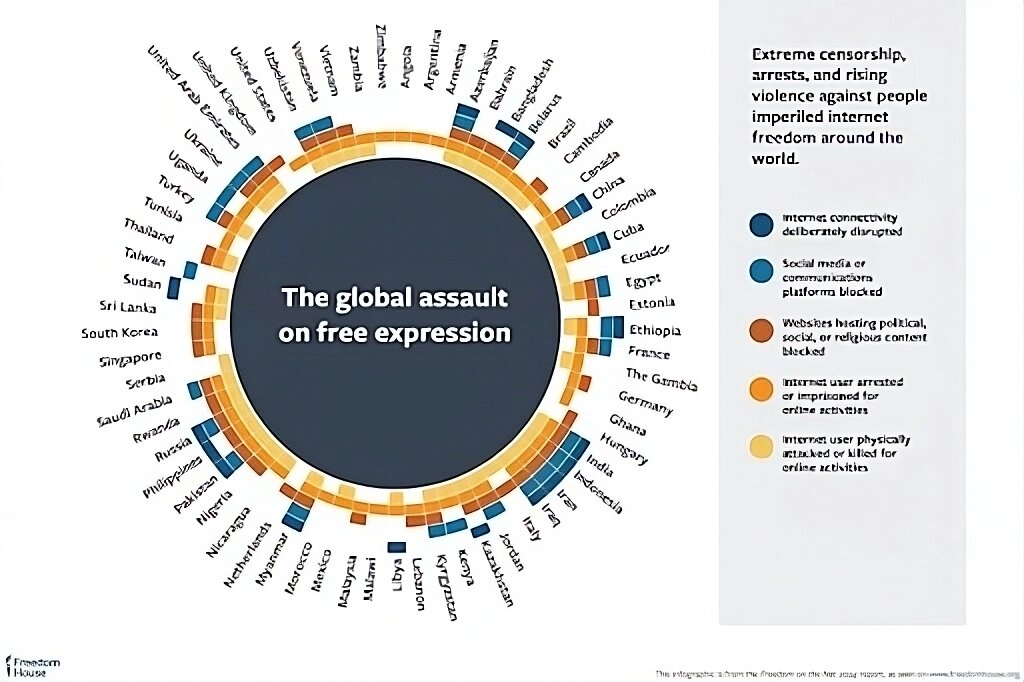
For the fourteenth year in a row, the Freedom on the Net 2024 report from Freedom House revealed a persistent worldwide deterioration in internet freedom. In order to control public opinion and quell opposition, it was discovered that a sizable portion of governments in the 72 nations under analysis used censorship and violent retaliation for online expression, especially around elections.
Global internet freedom has been slowly declining, according to Freedom House, with online human rights safeguards only strengthening in 18 countries and declining in 27. According to the report, Zambia saw the biggest improvement, while Kyrgyzstan saw the biggest fall. Remarkably, 43 nations reported that someone had been killed or subjected to physical violence because of their online activity—a record high since the report’s creation.
Key insights from the Freedom on the Net 2024 report reveal :
- Election-Related Censorship: In 25 out of the 41 countries that held elections within the review period, authorities implemented measures such as blocking websites, limiting access to social media platforms, or even temporarily shutting down internet services.
- Repercussions for Online Speech: Individuals faced arrest in at least 56 countries due to political, social, or religious expressions online, with incidents of physical violence linked to online speech reported in at least 43 countries.
- Nations With the Lowest Levels of Internet Freedom: Myanmar and China scored the lowest in internet freedom, both receiving a score of 9 out of 100. Myanmar’s internet freedom has notably deteriorated since the 2021 military coup.
- Use of Generative AI in Propaganda: Political groups utilized AI tools to generate memes, mock opponents, and modify content, fueling disinformation. In 21 of the 41 countries that conducted or prepared for national elections, government-aligned commentators leveraged false narratives, often undermining election legitimacy or targeting independent media.
- Efforts to Counter Disinformation: Certain countries, such as South Africa and Taiwan, introduced fact-checking programs and digital literacy campaigns to help combat misinformation.
Stronger action was demanded by Freedom House to stop the repression of online dissent and excessive government surveillance. Increasing assistance for regional civil society organizations, protecting the integrity of online content, and advancing information access were among the recommendations.
Given that 2025 is a year with a lot of elections around the world, the report raises a lot of questions about the future integrity of these procedures. In addition to restrictions supported by the government, voter data breaches like the one in Virginia have also damaged confidence in the way elections are conducted.
